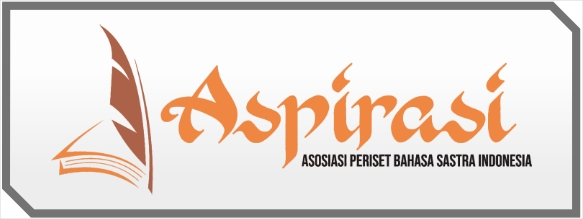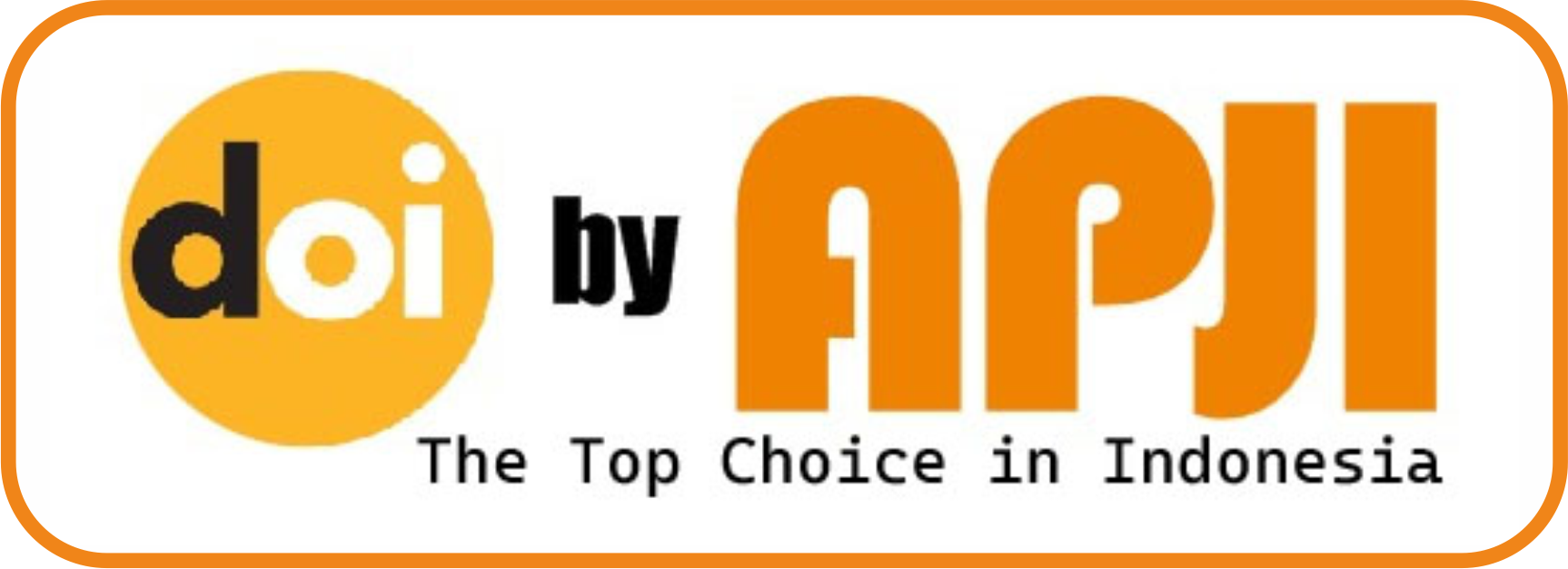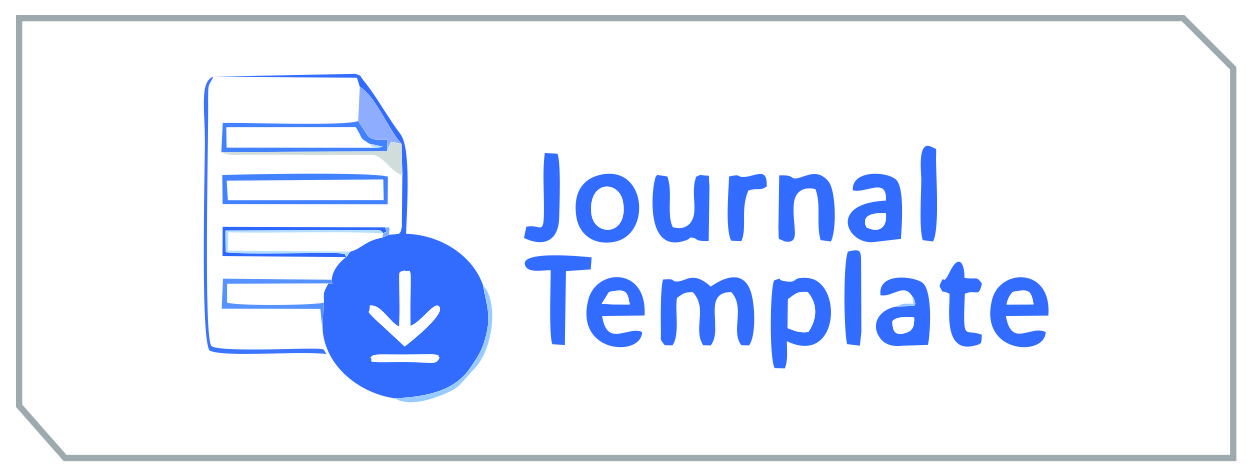IMPROVE COLLIGATIVE PROPERTIES SKILLS AND PROBLEM SOLVING ABILITY OF SMA NEGERI 1 BABALAN CLASS XII STUDENTS USING MODEL PROBLEM BASED LEARNING (PBL)
DOI:
https://doi.org/10.55606/ijel.v2i2.70Keywords:
Problem Solving, Problem Based Learning, Learning activities, Colligative PropertiesAbstract
This study was to find out how the application of the Problem Based Learning (PBL) model to the topic of Colligative Properties in the science program at SMA Negeri 1 Babalan Class XII academic year 2021–2022 would increase students' problem-solving skills and learning activities. Three cycles of action research were used in this study. 32 SMA Negeri 1 Babalan students from the first semester of the academic year 2021–2022 served as the study's subjects. The findings came from watching students engage in learning activities and testing their capacity to solve problems at each stage of the Cycle. The results demonstrated that 1) college students' problem-solving skills improved by implementing the PBL model on the Colligative Properties subject, with average values from Cycles I to II and III of 56, 77, and 87, respectively, while the percentage of classical completion from Cycles I to II and III was 44%, 62,5%, and 87%, with gains from Cycles I to II of 0,083 and from Cycles II to II equal to 0,35; 2). Applying the PBL model to the topic of Colligative Properties resulted in an increase in the students' learning activities, with an average value of 75 in sufficient criteria, 77 in sufficient criteria, and 85 in good criteria from Cycle I to Cycle II and Cycle III, respectively.
References
Eyceyurt Türk, Gülseda Güngör Seyhan, H. (2022). Evaluation of Pre-Service Science Teachers’ Conceptual Understandings on the Topic of “Colligative Properties” According to Walton Argument Model Components. International Online Journal of Education and Teaching, 9(1), 241–262.
Fidan, M., & Tuncel, M. (2019). Integrating augmented reality into problem based learning: The effects on learning achievement and attitude in physics education. Computers and Education, 142. https://doi.org/https://doi.org/10.1016/j.compedu.2019.103635
Fuadaturrahmah, F., & Simamora, Y. (2022). Pengaruh Model Pembelajaran Problem Based Learning (Pbl) Dengan Penggunaan Multimedia Terhadap Hasil Belajar Siswa Madrasah Aliyah. CHEDS: Journal of Chemistry, Education, and Science, 5(2), 56–64. https://doi.org/10.30743/cheds.v5i2.4803
Hung, W., Moallem, M., & Dabbagh, N. (2019). Problem-Based Learning. Retrieved from https://books.google.co.id/books?id=N_-FDwAAQBAJ&dq=Problem+Based+Learning&lr=
Keahey, J. (2021). Sustainable Development and Participatory Action Research: A Systematic Review. Systemic Practice and Action Research, 34, 291–306. Retrieved from https://link.springer.com/article/10.1007/s11213-020-09535-8
Kukleva, A., Kuehne, H., Sener, F., & Gall, J. (2019). Unsupervised learning of action classes with continuous temporal embedding. Proceedings of the IEEE Computer Society Conference on Computer Vision and Pattern Recognition, 2019-June, 12058–12066. https://doi.org/10.1109/CVPR.2019.01234
Maisa, E. (2020). “Merdeka Belajar” Melalui Pembelajaran Blended Learning. Retrieved March 6, 2021, from https://lpmpdki.kemdikbud.go.id/merdeka-belajar-melalui-model-pembelajaran-blended-learning/
Nurhadianti, C., Sari, Farida, I., & Irwansyah, F. S. (2023). Project based online learning on the concept of the colligative properties of solutions. AIP Conference Proceedings 2572; EDUCATION OF SCIENCE, TECHNOLOGY, ENGINEERING, AND MATHEMATICS INTERNATIONAL CONFERENCE (ESTEMIC 2021). https://doi.org/https://doi.org/10.1063/5.0135046
Türk, E. G., & Seyhan, G. (2022). Evaluation of pre-service science teachers’ ocnceptual understandings on the topic of “Colligative Properties” according to Walton Argument Model Components. International Online Journal of Education and Teaching, 9(1), 241–262. Retrieved from http://www.espaciotv.es:2048/referer/secretcode/scholarly-journals/evaluation-pre-service-science-teachers/docview/2661124427/se-2?accountid=142712
Wickware, C. L., Day, C. T. C., Adams, M., Orta-Ramirez, A., & Snyder, A. B. (2017). The Science of a Sundae: Using the Principle of Colligative Properties in Food Science Outreach Activities for Middle and High School Students. Journal of Food Science Education, 16(3), 92–98. https://doi.org/10.1111/1541-4329.12112
Yusfiani, M., Lubis, A. R., Fuadaturrahmah, F., & Siregar, M. S. (2022). The effectiveness of analytical chemistry problem based learning model on student learning outcomes. Jurnal Pendidikan Kimia, 14(3), 174–179. https://doi.org/10.24114/jpkim.v14i3.39935



















